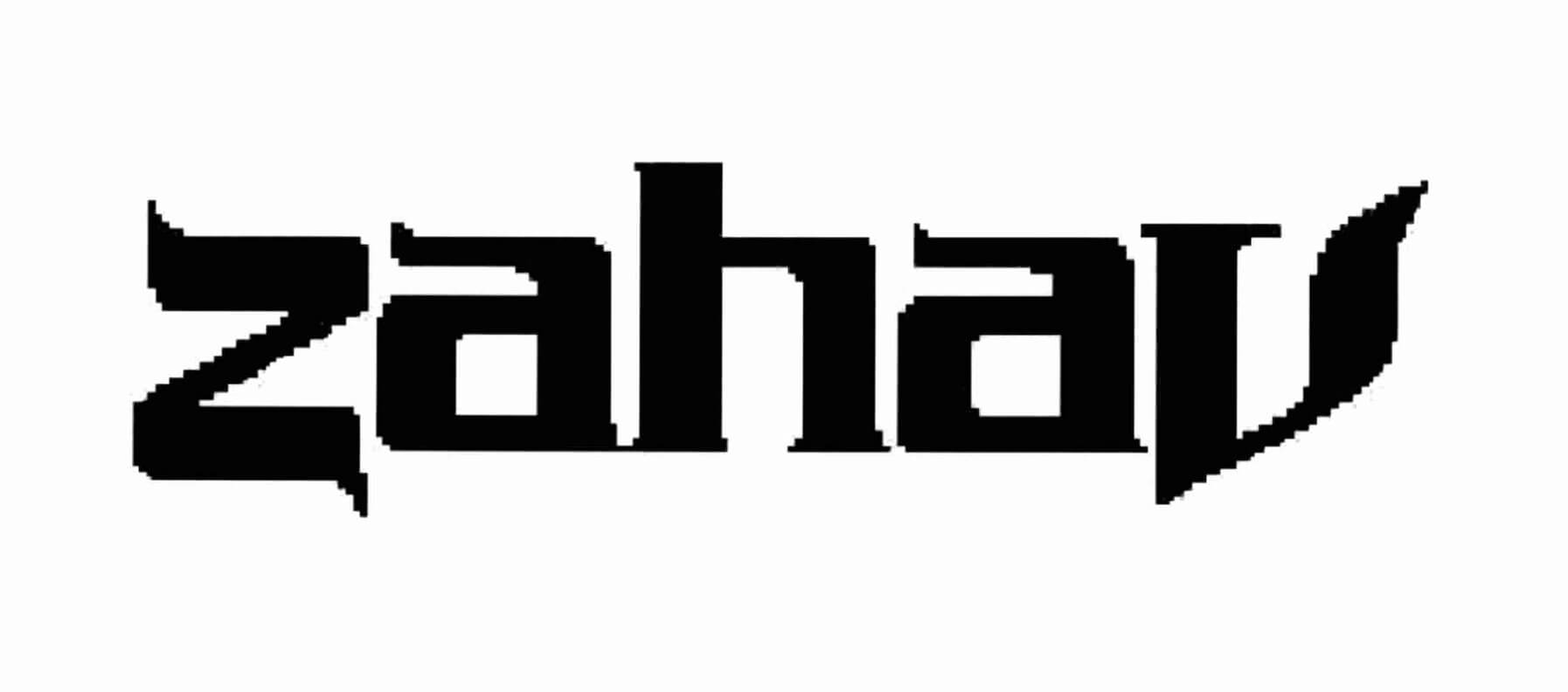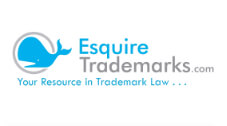Iconic Restaurant of Philadelphia Zahav Trademark Is Registered
Reservations open on the 1st of the month, at 11am ET, for the entire following month. That fact alone shows that that Philadelphia Zahav Trademark has reached Icon Status. The ZAHAV name and logo is protected with US trademark registration No. 4188976, and the owner has all benefits of a registered trademark. In addition, the trademark registration is now incontestable because the owner timely filed the required Section 8 and Section 15 declarations.

About Philadelphia Icon Zahav Restaurant
Zahav is a modern Israeli restaurant located in Philadelphia, Pennsylvania. It is owned and operated by Chef Michael Solomonov and Steve Cook. The restaurant serves a variety of traditional Israeli dishes with a modern twist, using fresh, locally-sourced ingredients. The menu features small plates and family-style dishes, with a focus on flavors and techniques from the Middle East, North Africa and the Mediterranean.
Zahav has received widespread recognition and accolades, including a James Beard award for “Outstanding Chef” in 2017, and being named one of the “Best Restaurants in America” by various publications. The restaurant also has a strong reputation for its hummus and grilled meats, particularly its lamb shoulder.
The restaurant atmosphere is elegant, but casual and the service is attentive and friendly. Zahav offers a full bar with a wide selection of Israeli wines and beers, as well as a variety of specialty cocktails.
Zahav is located at 237 St James Pl, Philadelphia, PA 19106. It is situated in the Society Hill neighborhood of Philadelphia, which is known for its historic architecture and cobblestone streets. The restaurant is easily accessible by SEPTA and there is also metered street parking available nearby.
Philadelphia Zahav Trademark History
The trademark application initially was rejected under the doctrine of foreign equivalents. The literal translation of Zahav is “Gold”. The trademark used this to reject the application because there was an existing trademark registration for GOLD for restaurants. The doctrine of foreign equivalents is an arcane rule that ignores real life practicalities of how consumers perceive trademarks. Honestly, are people confusing the restaurant GOLD with Zahav? When they google the name to make a reservation, are they typing in GOLD or ZAHAV? We all know the answer is no.
Under the doctrine of foreign equivalents, a mark in a foreign language and a mark that is its English equivalent may be held to be confusingly similar. TMEP §1207.01(b)(vi). Under the rule, marks comprised of foreign words are translated into English to determine similarity in meaning and connotation with English word marks. Equivalence in meaning and connotation can be sufficient to find such marks confusingly similar.
The doctrine is applicable when it is likely that an ordinary American purchaser would “stop and translate” the foreign term into its English equivalent. TMEP §1207.01(b)(vi)(A). The ordinary American purchaser refers to “all American purchasers, including those proficient in a non-English language who would ordinarily be expected to translate words into English.”
The trademark attorney (not me in this case) artfully responded, and was able to overcome the rejection. The arguments in response to the trademark rejection were threefold. First, the trademark attorney pointed out the the doctrine of foreign equivalents is not so rigid. It is properly applied only when it is likely that “the ordinary American purchaser would ‘stop and translate’ [the term] into its English equivalent.” Palm Bay Import, Inc. v. Veuve Clicquot Ponsardin Maison Fondee En 1772, 73 USPQ2d at 1696, quoting In re Pan Tex Hotel Corp., 190 USPQ 109, 110 (TTAB 1976).
Next the responding attorney pointed out (using available evidence) that 0.4% of the United States’ multilingual population speaks Hebrew.
Finally, the trademark attorney established that the fame of Applicant’s mark shows consumers view its mark ZAHAV as a word in its own right, rather than as a word to be translated.
Reviews and mentions of the restaurant have appeared in Bon Appétit (July 2009), Food and Wine (May 2008, December 2008, June 2009), the New York Post (January 2010), Travel + Leisure (May 2009), Philadelphia City Paper (May 2008), the New York Times (May 2010), Gourmet (October 2009), Philadelphia (2008, 2009, 2010, 2012), Esquire (November 2008), Jamie (October 2009), Conde Nast Traveller (May 2009), and the Philadelphia Inquirer (August 2008). Last month, The Philadelphia Inquirer rated Zahav one of the five best restaurants in the city of Philadelphia. Coverage of ZAHAV restaurant by these prominent publications, all with widespread circulation, supports Applicant’s view that its ZAHAV mark has become sufficiently well known that consumers do not translate it, but instead recognize it instantly as signifying Applicant’s restaurant.
Most importantly, the trademark attorney made a great “absurdity argument” when interpreting the Examining Attorney’s finding. These common sense arguments work well when stated artfully and are not made in a disrespectful manner.
In the context at hand, where the specific names of restaurants are essential to identifying where one wants to eat and making a reservation to eat there, it is absolutely absurd to suggest that any American consumer (whether they speak Hebrew or not) would say “Honey, I want to eat at Zahav tonight; that means ‘Gold’ in Hebrew, so look up the word ‘Gold’ in the phone book under ‘restaurants’ and make a reservation there…”. Certainly if Applicant’s mark was being used in connection with jewelry or selling jewelry, the translation could be of some important, but with respect to restaurants the thought that anyone would stop to translate the name and then likely to be confused with a restaurant by the name of Gold is absurd…
